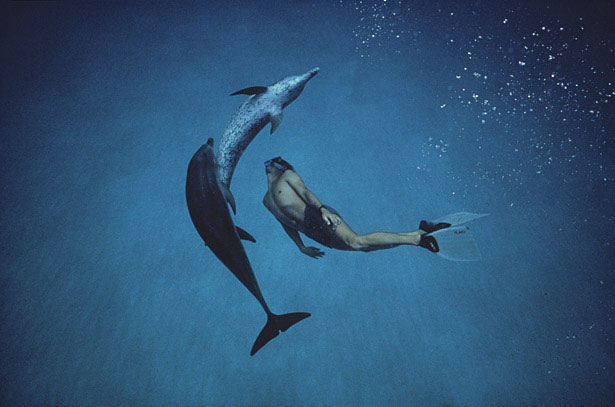
by Naomi Danis
Feminists in Focus: Dolphin Boy
 I am an Israeli film junkie. Even though I visit my beloved other country often, I also depend on and delight in getting extra fixes of Israel vicariously through its films.
I am an Israeli film junkie. Even though I visit my beloved other country often, I also depend on and delight in getting extra fixes of Israel vicariously through its films.
When Meir Fenigstein’s Israel film festival comes to New York, for 25 years already, I am there. Each year, no matter how late the schedule is published, the theater always fills up. My theory is that we are a traumatized people, Israelis, and Jews, and that any time someone is retelling our story with imagination and courage, giving us a new narrative of familiar and often painful experiences, we want to hear and see what they have to say. We show up.
On Thursday night I wouldn’t have missed the opening of the 5th annual Other Israel Film Festival. This festival of films by and about Israel’s minority communities and especially the Arab citizens of Israel, is always provocative, sobering, bittersweetly entertaining–and if sometimes disheartening in its exposure of deeply felt injustices–always hope-inspiring because of the very fact of the festival’s existence.
The opening film this year, “Dolphin Boy,” a feature length documentary, is narrated in English (with subtitles for the Hebrew and Arabic) by an Israeli Jewish psychiatrist telling the story of his patient, a 17-year-old Palestinian Israeli young man, who is brought to him after a traumatic beating at the hands of other young men from his village avenging what they misconstrued as an “honor” violation. The film covers a period of four years of healing, and is a story about vulnerability and love, about relationships, between doctor and patient, father and son, boy and dolphins. This documentary like the arenas it portrays, medical treatment and nature, transcends politics.
Like the original Israeli TV show “In Treatment” and the film “Waltz with Bashir,” “Dolphin Boy” deals directly with trauma and healing, with the emphasis here on healing. Producer Judith Manassen Ramon commented in a panel following the film that the script of a film and of therapy can have the same trajectory: through self-redemption a victim becomes a hero.
Several other films being shown at the festival—which closes Thursday night November 17– were created by women and/or are about women’s lives
The charming “77 Steps” tells director Ibtasam Mara’ana’s own story, how she moved from her Arab village to Tel Aviv, her romance with a politically progressive Jewish Canadian who made aliyah, and the conflicts that overwhelm them.
In “Homecoming,” as Israel is about to deport foreign workers and their children, directors Orna Ben Dor and Noa Maiman follow three charismatic teenagers, born in Israel to foreign workers, who go to visit their grandparents and family in Congo, Philippines and Peru. The children feel more Israeli than any other nationality and imagine their futures in Israel.
(Lilith did not have a chance yet to see “A Place of Her Own,” directed by Sigal Emanuel about a Reut, who at 18 marries a Palestinian man and moves to his village.)
Learn more about the festival at otherisrael.org.
See the trailer for “Dolphin Boy” here.